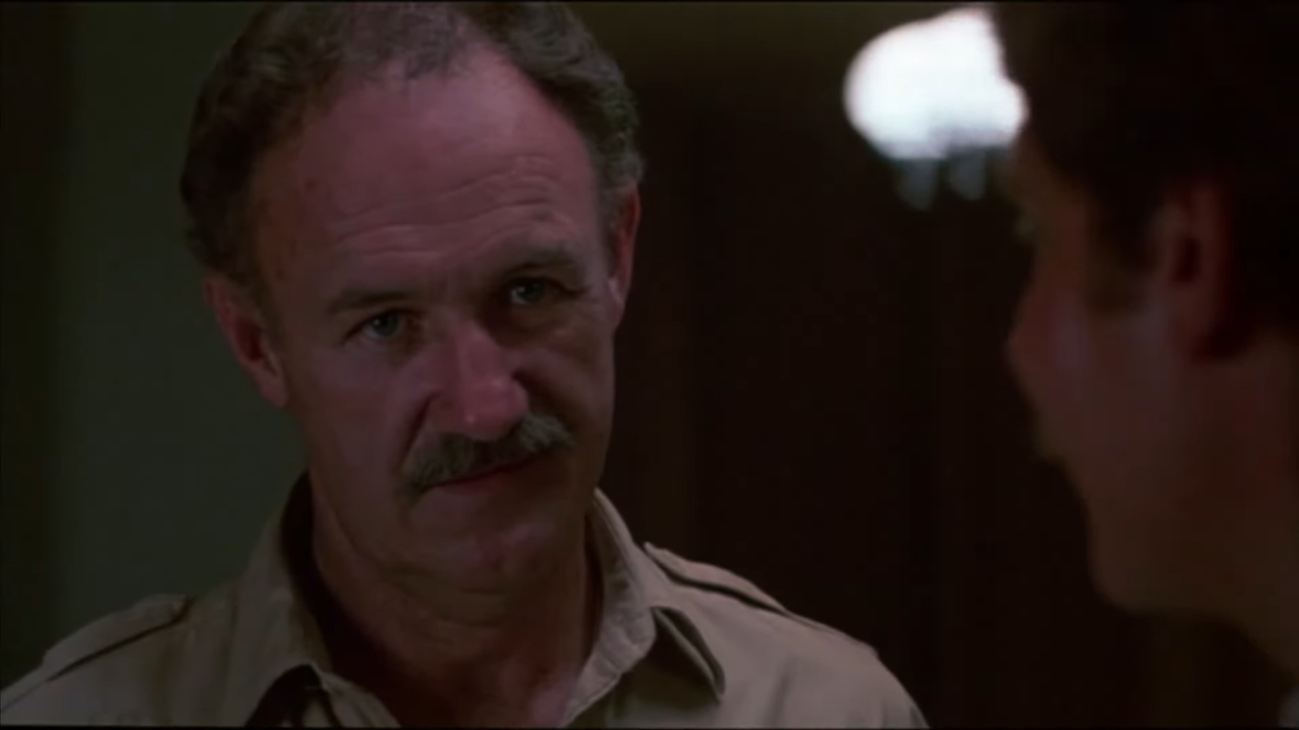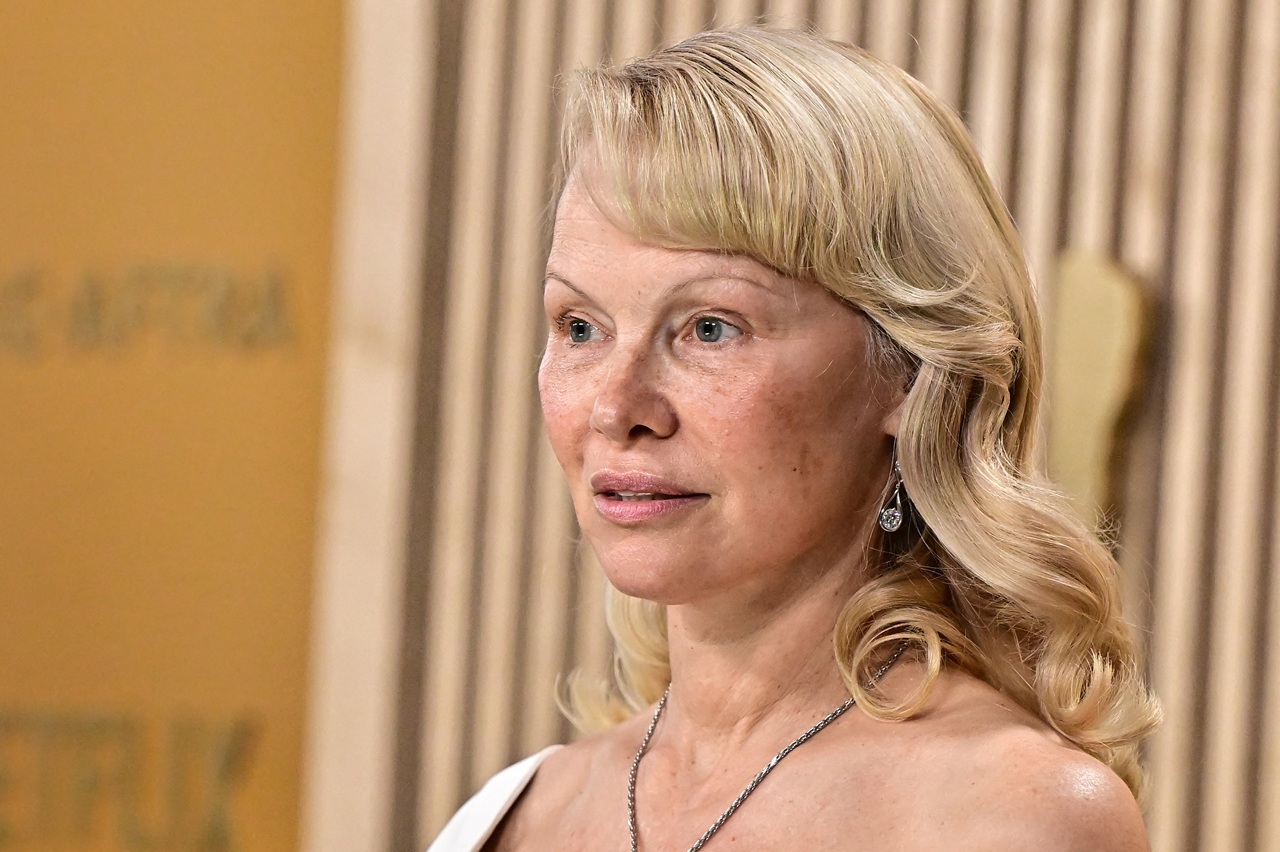
A "blind" Opera inspired by the theories of Oliver Sacks
The Spaniard César Camarero premieres Es lo Contrario, a unique musical and literary experiment with which he seeks to broaden the spectator's perception.
Imagine that just for the time a show lasts, you don't see anything. You are blind. At first it may seem to you that it makes no sense, that you are unable to follow the performance just by paying attention to the music, in the dark. But after a while, your perception changes.
In a sense, it broadens. As claimed by the British neurologist and popularizer Oliver Sacks, who wrote about how the disorders we suffer, even the passing ones, participate in the development of new cognitive abilities.
This is the basis of Es lo contrario, a new opera by the Spaniard César Camarero, which since May 13 opens the curtain of La Maestranza in Seville (Andalusia) and which draws on Sacks' theories on the ability of human beings to take advantage of and overcome an apparent disadvantage.
For an hour, spectators "contemplate" in total darkness a piece of musical theater that also includes fragments of works by Maeterlinck's The Blind or texts from 88 dreams by the mythologist, writer, poet and musician Juan Eduardo Cirlot.
"What happens is that by depriving us of sight, the sense of hearing becomes much sharper and the sound space is perceived clearly, which is something very important with which the work plays," explained Camarero, National Music Prize in 2006, who sought for this new work a reflection on the passage of time but from a perception "contrary" to the usual, as its title indicates.
RELATED CONTENT
In his works, the Madrid-born composer plays with experimentation and the application of the sensitive and significant possibilities of music and interpretation, as shown in his pocket opera Horizonte Cuadrado, which raised essential poetic questions, or En la medida de las cosas, based on the poetry of the U.S.-based Argentinean María Negroni.
This is not the first time that Oliver Sacks' works and reflections on mental conditions and perception have been turned into an opera.
In 1986, Michael Nyman produced an adaptation of the book The Man Who Mistook His Wife for a Hat (1985), where the neurologist describes some clinical cases of his patients and whose title is based on a particular patient suffering from visual agnosia, a type of neurological disease that causes people to lose the ability to recognize faces and objects.
Sacks himself suffered from prosopagnosia, which is the inability to recognize faces, and in 2009 he lost stereoscopic vision due to a malignant tumor in his right eye. It's a struggle he recounted in his 2010 book The Mind's Eye.











LEAVE A COMMENT: